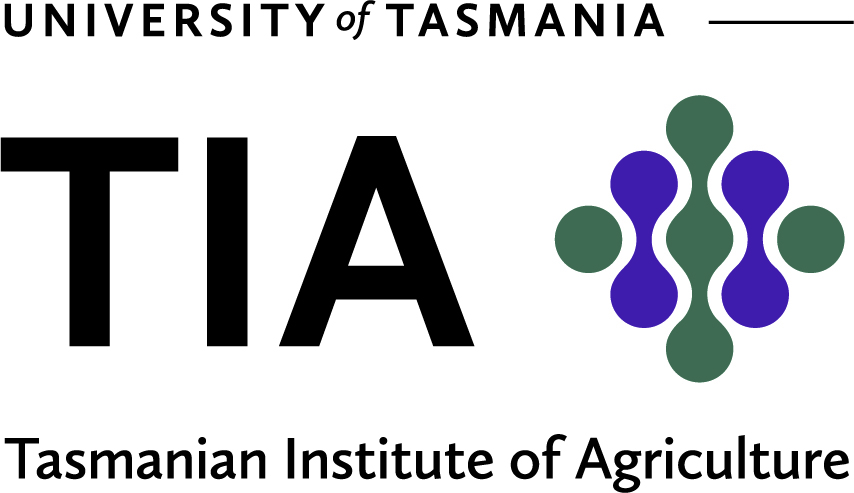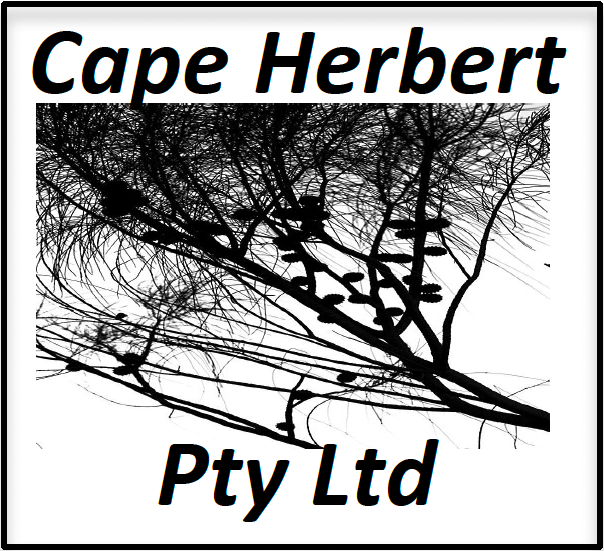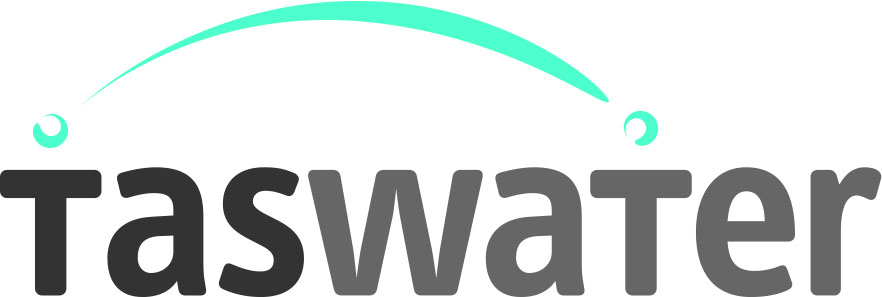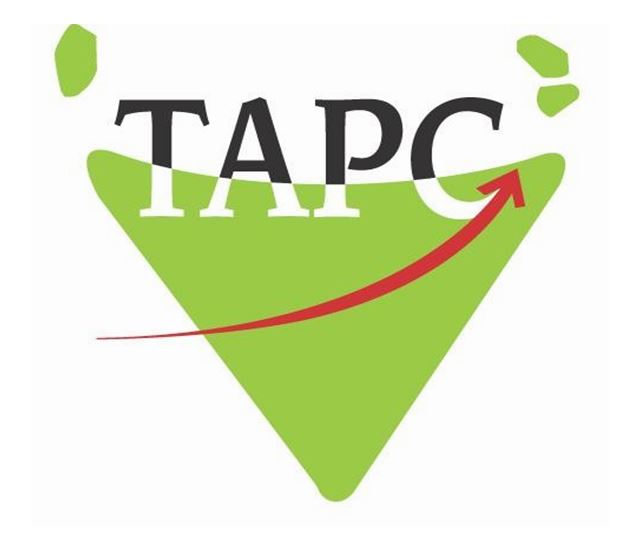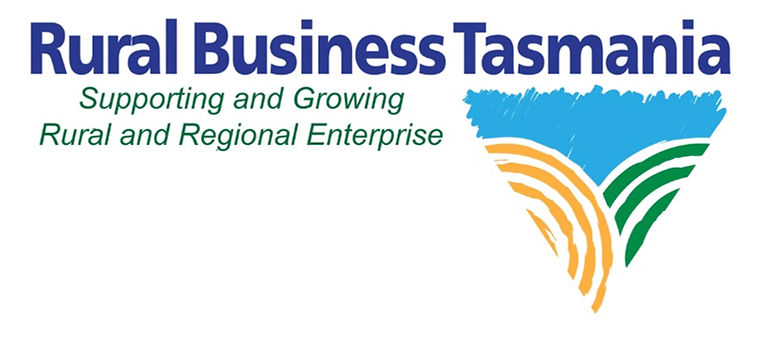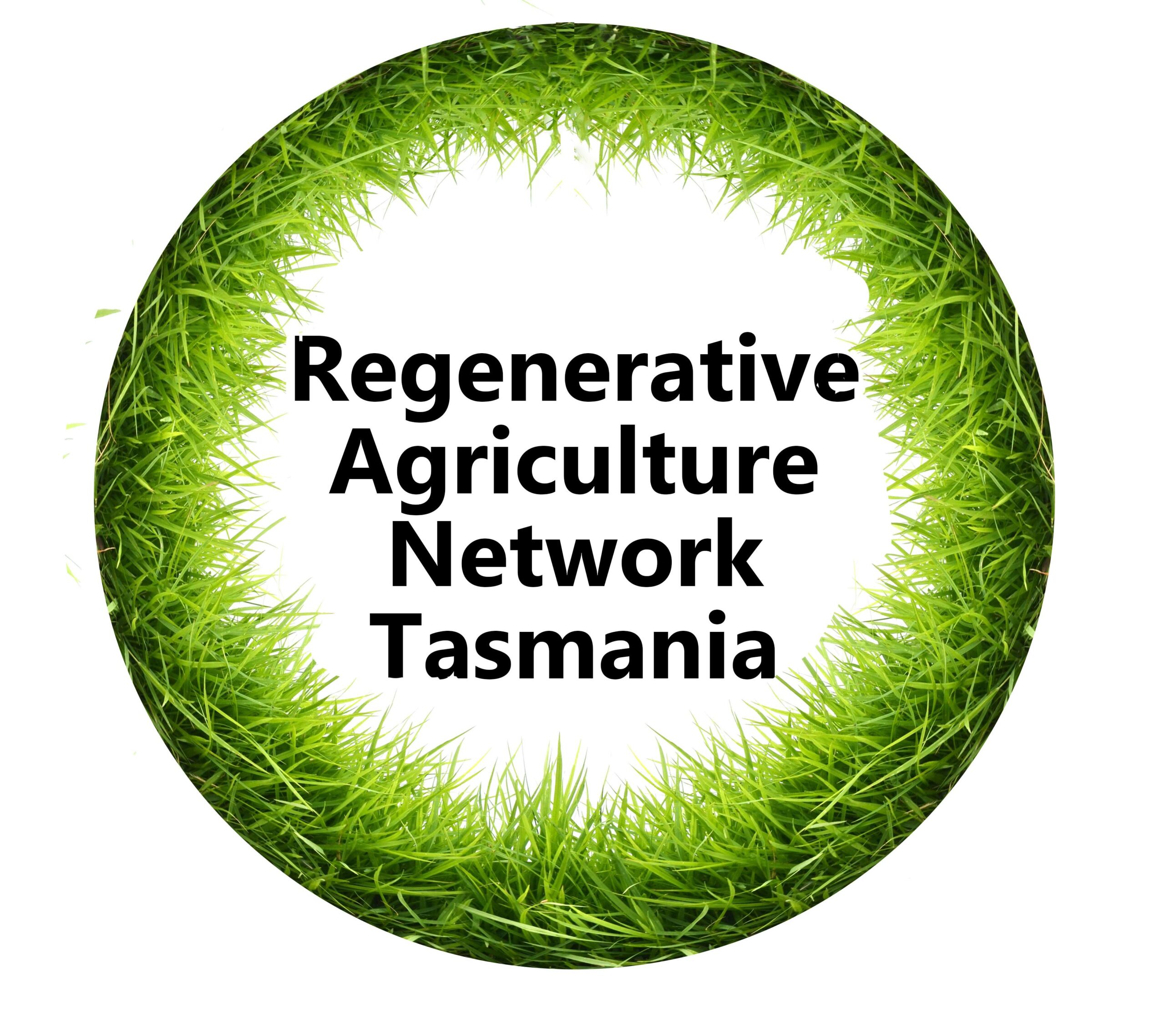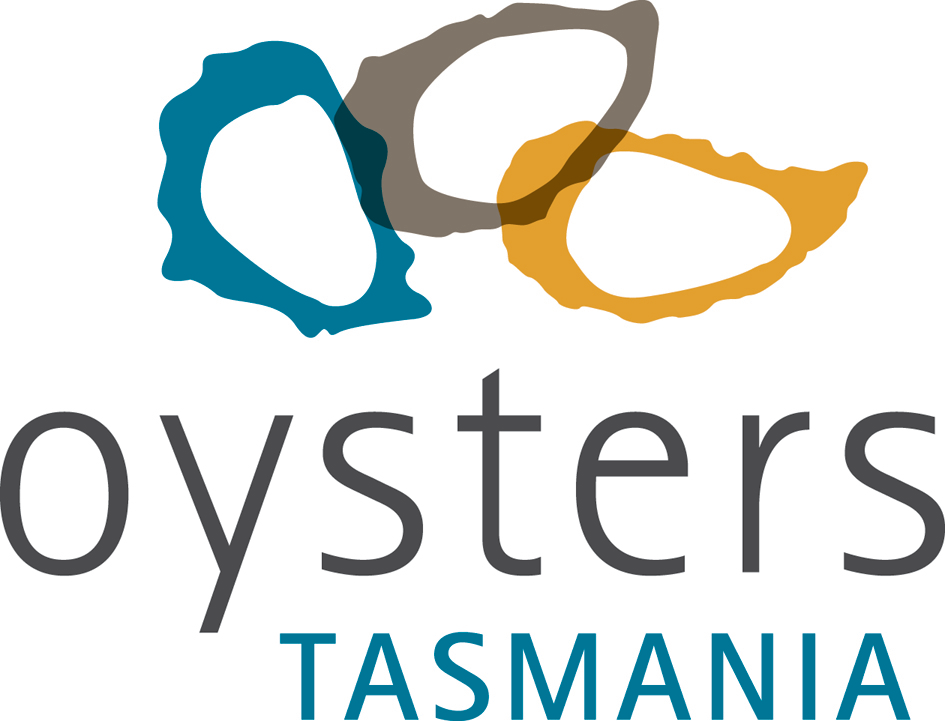Search for a resource
A series of events are being rolled out throughout Tasmania in May and June to support farmers prepare for and manage the current dry conditions.
Five events are being delivered in priority regional areas by the TAS Farm Innovation Hub in partnership with local organisations, supported by the Department of Natural Resources and Environment Tasmania, and funding from the Australian Government’s Future Drought Fund.
Adoption Officer with the TAS Farm Innovation Hub, Maria Ortiz, said the events would provide an opportunity for the farming community to come together in these challenging times.
“We acknowledge the dry seasonal conditions and all the challenges that come with this. Sharing knowledge, staying connected and accessing the right services at the right time is crucial to increase resilience and preparedness,” she said.
“This series of events will bring together organisations and programs that span across the drought preparedness, response, and recovery cycle, and provide an opportunity to connect with other farmers going through similar circumstances.”
The Drought Coordinator with TasFarmers, Jac Shipton, said the events played a crucial role in supporting farmers during difficult conditions.
“The events are an invaluable resource that provide farmers with practical strategies and solutions to manage the impacts of drought to their farming business."
Communications and Engagement Manager with Rural Alive and Well, Lauren Harper, said managing dry times in Tasmania required a tailored approached.
“Tasmania has a diverse range of regional landscapes, which means that to overcome the current dry conditions, producers need tailored learning options, unique to their own situations and challenges,” she said.
“RAW has seen first-hand how beneficial the TAS Farm Innovation Hub’s ‘Dry Times’ events are in providing regionally relevant information to producers to assist them in making tangible changes within their farming practices.
“Reducing isolation through social connection and community is critical to navigating challenging periods. We aren’t designed to go through hard times in isolation and these events provide opportunities for connection with peers and other industry supports, including financial assistance, future farm business planning and mental health and wellbeing support.”
The full list of events is below. For more information and to register visit: www.tasfarmhub.com.au/upcoming-events/
North west:
Wednesday, 29 May, 4:30pm - 8 :00pm, Tall Timbers Hotel
South:
Thursday, 13 June, 9:30am - 12:00pm, Campania Community Hall
Thursday, 13 June, 5:00pm - 7:30pm, Hamilton Resource Centre
Tuesday, 18 June, 9:30am - 12:00pm, Home Hill Winery, Ranelagh
East Coast:
Thursday, 27 June, 4:00pm - 8:00pm, Milton Vineyard, Swansea
The TAS Farm Innovation Hub is one of eight hubs nationally funded through the Australian Government’s Future Drought Fund. The hub is based at the Tasmanian Institute of Agriculture (TIA) at the University of Tasmania and delivered through an extensive network of industry and community partners.
Private Forests Tasmania has launched an interactive knowledge hub for Tasmanian landowners to learn about the positive impact integrating commercial trees can have on their properties.
The Tree Alliance Knowledge Hub and its content have been developed in consultation with a broad scope of state and nationally-renowned forestry, agricultural and biodiversity experts to ensure landowners can glean the best advice and support from the information resources.
The $400,000 project was supported by the TAS Farm Innovation Hub through funds from the Australian Government’s Future Drought Fund, PFT and supported by 10 other stakeholder project partners.
The Knowledge Hub, developed by Walker Designs and Cavalletti Communications, consolidates accessible and user-friendly information and tools that highlight how integrating trees on farms through whole-farm planning can improve farm resilience through environmental and economic shocks such as droughts.
People can visit the hub to:
Included in the hub is PFT’s new Farm and Forest Mapper tool to help simplify the farm-planning process for landowners, consultants, planners, contractors and land agents.
The Farm and Forest Mapper, developed by Esk Spatial, in consultation with Private Forests Tasmania and the Forest Practices Authority, is a FREE set of mapping and decision support tools and calculators where users can easily plan, map and manage their properties to expand their plantation estate and leverage the multiple benefits that trees on farms can provide.
PFT Chief Executive Officer Dr Elizabeth Pietrzykowski said the Knowledge Hub would be a key resource for many Tasmanian landowners to learn more about the benefits of trees on their farms and then find what help is available to enable them to make the best decisions for their enterprise.
“The Knowledge hub is an extension of PFT’s strategic program Tree Alliance, which works with forestry, agricultural and environmental stakeholders to raise awareness of farm forestry and the benefits of trees on farms," she said.
"Longer-term, we hope the outcomes of this project will be more trees of the right type, in the right places across the agricultural landscape, improved farming businesses’ drought resilience and better carbon and other natural capital asset outcomes.
"We know farmers are interested in integrating trees into their whole farm plans, however, in many cases, they don't know how or where to start.
"This Knowledge Hub, developed by the forestry and agricultural sector, will provide them with key information and direction of the process and who to talk to make sound economic and environmental decisions."
Director of the TAS Farm Innovation Hub Sandra Knowles said the project supported the hub’s aim of helping farmers access information and drive innovation in their business.
“As our climate changes and becomes more variable, we need to build climate resilience into communities, economies and environments at all scales,” she said.
“We know that a critical part of this is ensuring farmers are able access information they need to make the best decisions for the future.
“The Knowledge Hub will be a fantastic resource as it uses a variety of methods to show farmers how integrating trees on farmers and whole farm planning can improve their financial, social and environmental resilience to drought and climate variability.”
The TAS Farm Innovation Hub is one of eight hubs nationally funded through the Australian Government’s Future Drought Fund. The hub is based at the Tasmanian Institute of Agriculture (TIA) at the University of Tasmania and delivered through a network of industry and community partners.
The Tree Alliance Knowledge Hub can be explored at pft.tas.gov.au by clicking on the Tree Alliance tab in the top right-hand corner and people can call PFT's free Helpline on 1300 661 009.
Local sheep producers will have the opportunity to learn more about containment feeding and decision making in dry times at a workshop on Tasmania’s east coast later this month.
The workshop at Swansea is being delivered by Pinion Advisory with support from the TAS Farm Innovation Hub through funding from the Australian Government’s Future Drought Fund.
Lauren Rowlands from Pinion Advisory said the workshop was part of a free pilot training package for sheep producers.
“The training package for Tasmanian sheep producers is designed to assist decision making in dry times and to support producers in building confidence to use containment feeding as a management tool,” Ms Rowlands said.
“Following the workshop, producers are offered further support through one-on-one sessions to develop a containment feeding plan for their business.”
Sheep producer Chris Headlam from Woodbury attended the southern midlands workshop in February.
“You never stop learning, so attending this workshop gave me an opportunity to ask questions, reaffirm what I was doing, and learn where I could make changes,” Mr Headlam said.
“The follow up session was good to get another set of eyes to run over what I was doing with containment feeding.”
Director of the TAS Farm Innovation Hub Sandra Knowles said the containment feeding pilot project was part of a collaboration with other hubs and organisations around the country.
“The hubs are pleased to be able to support the roll-out of this knowledge and skill building package to support Tasmanian sheep producers in best practice containment feeding solutions,” Ms Knowles said.
“It’s great to see staff from the hub out on the ground with our partners listening to producers and delivering events and information that they need to help their businesses.”
The east coast workshop will be held on 30April at the Milton wine shed at Swansea. Registrations are essential by 28 April as places are limited. Producers can register at the link: https://forms.office.com/r/FN6089q855 or contact the TAS Farm Innovation Hub on fdf.tas.hub@utas.edu.au.
The TAS Farm Innovation Hub is pleased to announce Pinion Advisory has been contracted to administer a new state-wide program to support Tasmanian farmers overcome water-related challenges.
Director, Sandra Knowles, said the hub was delighted to be working with Pinion Advisory on this important program to support on-farm drought and climate resilience.
“This key hub program is designed to build confidence and capacity in on-farm water use and management, including soil and landscape health, and be focused on adoption of best-practice methods,” she said.
“The hub received strong interest in our Request for Quote for a delivery partner to administer the program and were impressed by the quality of applicants and extent of collaboration amongst Tasmania’s service providers.
“Pinion Advisory was chosen as the preferred delivery partner following a rigorous evaluation process due to their in-depth understanding of the Tasmanian farming and water landscape, proven skills in agricultural extension, and highly qualified delivery team experienced in production productivity, engineering, regulatory and financial aspects of water management.
“This marks an important milestone and is the result of an extensive consultation process with key stakeholders including state water managers and regulators, natural resource managers, and farmer representative bodies, seeking input into the design of this extension program.”
Pinion Advisory Team Leader, Adoption, Jo Jones said Pinion Advisory was delighted to be able to support the TAS Farm Innovation Hub to deliver this important project for Tasmanian farmers.
“Our team understand and embrace the need to approach this project with enough flexibility to enable farmer-led feedback to address grass roots needs and priorities, and to incorporate peer-to-peer learning amongst farmers, involving their suppliers and service providers,” she said.
“The short timeframe of the project means activity will get underway almost immediately, starting with a co-design phase to finalise project priorities.
“During the co-design phase, our team will work with industry representatives to define the parameters for an extension-focused project on farm-scale issues of reliable water access, and efficient and effective water use.
“We need to clarify the priority issues with Tasmanian producers and industry representatives in this early part of the project, to understand the pain points of business, compliance concerns, and sustainability goals related to water security and land management. We can then design the appropriate extension activities and plan the roll-out around the state.”
Pinion Advisory is looking forward to delivering resources, activities and events over the next 14 months to build the skills and confidence of Tasmanian farmers to enable them to make well-informed water management decisions. For more information about the project, contact the project team at EfficientWaterUseTas@pinionadvisory.com
The TAS Farm Innovation Hub is one of eight hubs nationally funded through the Future Drought Fund. The hub is based at the Tasmanian Institute of Agriculture (TIA) at the University of Tasmania and delivered through an extensive network of industry and community partners.
Media contact: Melissa Lewarn, melissa.lewarn@utas.edu.au or 0427 354 058.
Tasmania’s peak farming body TasFarmers will receive $171,000 through a joint funding initiative to support drought affected communities on King Island and across Tasmania.
The Tasmanian Government, through the Department of Natural Resources and Environment Tasmania, is partnering with the TAS Farm Innovation Hub, an Australian Government Future Drought Fund initiative, to provide the funding that will support the rural community during these unseasonably dry conditions.
The hub will initially provide $26,000 with the Tasmania Government providing the balance of the funds. This will allow TasFarmers to provide community drought support, including the employment of a new King Island Community Drought Coordinator and an online Tasmanian Fodder Hub.
The on-island coordinator will assist farmers to prepare for, respond and recover from drought by connecting them to supply chain and logistics participants, collating relevant farm-level information, linking farmers to tools, information, programs, resources and other support networks, as well as raise issues on their behalf.
The online Tasmanian Fodder Hub will provide a central register to help access fodder on farms for farmers on King Island, Flinders Island and mainland Tasmania.
The commitment follows the King Island Livestock Supply Chain Round Table held on Friday 15 March 2024.
The meeting acknowledged the significance of the current situation on King Island and the impacts being felt by farmers and the local community. The roundtable also heard the concerns about the consequences of the situation deteriorating in coming months.
Two workshops are being held in northern Tasmania next week to assist farmers assess options for feeding cattle in dry times.
The events at Westwood on Monday and Flinders Island on Tuesday are being delivered by NRM South, NRM North and Derwent Catchment Project, in partnership with NRE Tas and the TAS Farm Innovation Hub, through funding from the Australian Government’s Future Drought Fund.
TAS Farm Innovation Hub Knowledge Broker, Sophie Folder, said the two workshops were part of a series of events being held throughout Tasmania to support farmers manage the unseasonal dry conditions.
“Parts of Tasmania are feeling the impact of the dry weather and many livestock producers are having to take urgent measures to manage their businesses,” Mrs Folder said.
“These workshops will build understanding of livestock nutrition and supplementary feeding options, decision making strategies for managing dry times and tools available including Farming Forecaster.”
Sam Bye from the Derwent Catchment Project said farmers would hear from a number of informative guest speakers.
“Nikki Henderson, a livestock nutritionist and farmer from Tamworth in NSW, will discuss nutritional considerations including grain free options, maintenance feeding and the longer-term implications for farmers,” Mr Bye said.
“Pinion Advisory will take farmers through the decision-making process and business implications of supplementary feeding in dry times.”
The first event will be held at Westwood on Monday, 25 March followed by at event on Flinders Island on Tuesday, 26 March. To RSVP, please contact Sam Bye or sam.bye@derwentcatchment.org and Peter Heading pheading@nrmnorth.org.au
The TAS Farm Innovation Hub is supporting Tasmanian farmers to overcome water-related challenges through a new state-wide program.
The hub has today released a Request for Quote for a delivery partner to administer a program to support on-farm drought and climate resilience.
Director, Sandra Knowles, said the important milestone was the result of an extensive consultation process with key stakeholders.
“We’ve been meeting with stakeholders with intricate knowledge of Tasmanian water issues including state water managers and regulators, natural resource managers, and farmer representative bodies, seeking input into the design of this extension program,” Ms Knowles said.
“From this process, we’ve determined the program should focus on building confidence and capacity in on-farm water use and management, including soil and landscape health, and be focused on adoption of best-practice.
“It also needs to be flexible enough for farmers to provide feedback and have opportunities for them to come together to learn from each other.”
The CEO of TasFarmers, Nathan Calman, said the program would help address key challenges facing farmers throughout Tasmania.
“This is a practical approach to supporting farmers with their water-related challenges and it’s great to see a focus on adoption of best practice methods relating to irrigation, water and soil management,” Mr Calman said.
“TasFarmers is pleased to see work towards a better understanding of some of these issues and ultimately giving farmers the confidence to make changes on-farm to strengthen resilience.”
Up to $1.0M in grant funding is available for program delivery (conditions apply).
The RFQ must be submitted to the hub by 5PM on Tuesday 12 March 2024. Project activities are to take place between 23 April 2024 and 15 June 2025.
The hub will hold a briefing to answer any questions relating to the RFQ on Monday 26 February 2024. Further details are available via the University of Tasmania Tenderlink website www.tenderlink.com/UTAS/
This project is being delivered by the hub through funding from the Australian Government’s Future Drought Fund.
The TAS Farm Innovation Hub is one of eight hubs nationally funded through the Future Drought Fund. The hub is based at the Tasmanian Institute of Agriculture (TIA) at the University of Tasmania and delivered through an extensive network of industry and community partners.
Key agricultural bodies have joined together to run a series of events in drought prone areas of Tasmania aimed to strengthen community resilience.
The event series is being delivered through a partnership between the TAS Farm Innovation Hub, Tasmanian Women in Agriculture, Rural Alive & Well, Rural Business Tasmania and Rural Youth Tasmania, with funding from the Australian Government’s Future Drought Fund.
TAS Farm Innovation Hub Director, Sandra Knowles, said the events were a crucial element in supporting communities already feeling the impact of dry conditions.
“We know that parts of Tasmania are already suffering from drought and farmers are having to make difficult decisions to protect their businesses including reducing livestock numbers, downgrading crops and increasing supplementary feeding of their animals,” Ms Knowles said.
“This can take a huge toll on faming families and the broader community and we know that some parts of Tasmania need support now.
“The TAS Farm Innovation Hub has partnered with other agricultural groups with strong connections on the land to deliver important climate and drought information specific to the north east region.
“These events will also help build social connection, bring communities together and strengthen support networks to ensure a stronger and more resilient community during the difficult dry conditions.”
Rural Alive & Well (RAW) Engagement Manager, Lauren Harper, said strong and connected communities were essential to building individual’s mental fitness to navigate life’s challenges.
“Our rural industries are facing many challenges related to destocking, present drought conditions and the rising cost of living (and business) – in amongst just the everyday pressures that life and family presents,” Miss Harper said.
“RAW is looking forward to being part of a great community event with the TAS Farm Innovation Hub and our other industry partners, there’s sure to be something for everyone.”
The Chair of Tasmanian Women in Agriculture (TWiA), Deb Morice, said it was great to see a positive outcome from a new partnership between the key agricultural groups.
“These events grew from a number of conversations with the TAS Farm Innovation Hub over what we could do now to support farming families already doing it tough and prepare others for future dry conditions,” Mrs Morice said.
“Time is of the essence so it was fantastic to see everyone rally together to develop this event series which will really have an impact in those rural communities.
“Having lived in the north east for 15 years, I am excited to attend this first event and chat to as many families as possible throughout the evening.”
Rural Business Tasmania, CEO, Elizabeth Skirving, said representatives from the key agricultural groups would be on hand on the night.
"We look forward to hearing how we can assist the community as they prepare for future challenges."
Rural Youth Tasmania CEO, Karen Robinson, encouraged farming families in the north east to go along.
“A sense of connection and community makes an enormous difference in our lives, regardless of the situation, and Rural Youth Tasmania is looking forward to this event for this reason,” Ms Robinson said.
“We hope as many people as possible are able to come along, enjoy the evening and make new connections or build on those already in place. We are appreciative of the TAS Farm Innovation Hub and our other industry partners for organising this event.”
The first event will be held at the Winnaleah Football Club on Thursday, 29 February from 6pm and includes a free BBQ.
It will feature a presentation from Tom Remenyi, a climate scientist with more than 10 years’ experience in translating and communicating climate models and information. Tom’s presentation will include weather and climate information specific to Tasmania’s north east to assist farmers prepare and adapt for the future.
Marek Matuzsek from Ag Logic will also share insights from a project to create drought management tools for farm managers in the north east of Tasmania.
Bookings can be made through the TAS Farm Innovation Hub on fdf.tas.hub@utas.edu.au by Tuesday, 27 February.
Future events in other areas of Tasmania will be announced soon.
The TAS Farm Innovation Hub is one of eight hubs nationally funded through the Australian Government’s Future Drought Fund. The hub is based at the Tasmanian Institute of Agriculture (TIA) at the University of Tasmania and delivered through an extensive network of industry and community partners.
A cohort of global agrifood startups will pitch their ideas to a shark tank panel of farmers at a unique agricultural innovation event in northern Tasmania this week.
The TAS Farm Innovation Hub is partnering with Startupbootcamp Foodtech Tasmania for the Innovate Ag Tas Meetup on Wednesday, 1 November at the Longford RSL.
The TAS hub’s Innovation Knowledge Broker, Sophie Folder, said the event would interest farmers, technology enthusiasts or those just curious about ag innovation.
“This is great opportunity to bring farmers, service providers and industry together with leading global innovators to network, share ideas, knowledge and feedback on what it takes for technology and innovation to be successful,” Mrs Folder said.
“It will be interesting to see the five global agrifood startups pitching their ideas to a farmer shark tank and to hear the frank and honest feedback the farmers provide to this group of innovators.”
The agrifood startups are currently in Tasmania participating in the Foodtech Tasmania Accelerator program where they learn to refine their business models, pitches and strategies to accelerate their growth.
Tom Woolley from Startupbootcamp Foodtech Tasmania said the Longford event would cover some interesting topics.
“You'll hear pitches from up-and-coming founders about brand-new cutting-edge concepts that will innovate and are improving the agriculture and food space including below soil real time fertiliser measurements, green leaf waste conversion to food ingredients, animal microbiota gut health, agriwaste ethanol recovery and agrifood supply chain integrity,” Mr Woolley said.
“The startup businesses are focused on the customer problem meaning they are listening and learning from their customer base about their problems and pains. Engaging with the Longford community is an opportunity to learn about the innovation at the same time as discussing how the solutions may work within a Tasmanian environment.”
The event at the Longford RSL runs from 4pm – 7pm and includes food and light refreshments. Registrations are required at this link.
Attendees will also hear about evokeAG, Australia’s premier agrifood tech event being held on 21-22 February 2024, and can get a copy of the Tasmanian Agricultural Technology Guide. The guide showcases 100 technologies across four key industries in Tasmania and was recently developed by the TAS Farm Innovation Hub and Beanstalk Agtech with funding from AgriFutures Australia.
The TAS Farm Innovation Hub is one of eight hubs nationally funded through the Australian Government’s Future Drought Fund. The hub is based at the Tasmanian Institute of Agriculture (TIA) at the University of Tasmania and delivered through an extensive network of industry and community partners.
Media contact: Melissa Lewarn, melissa.lewarn@utas.edu.au or 0427 354 058.
Information released by:
Communications Office University of Tasmania
+61 3 6226 2124 | Communications.Office@utas.edu.au | Twitter.com/utas_
